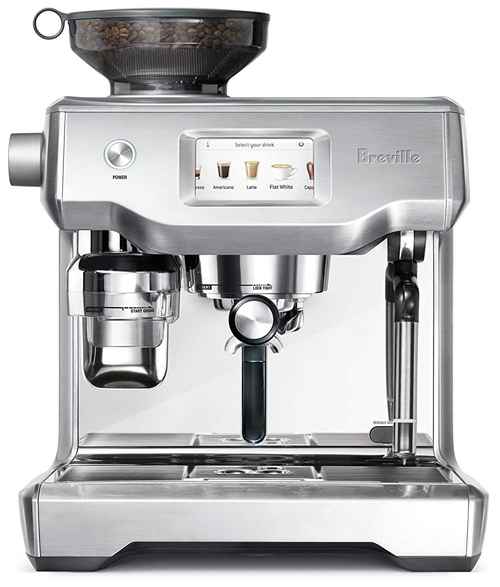Drinking coffee has been a part of many people’s daily routines. Some even say they can’t live without a cup of joe. Else, a single day without it is incomplete. Researches have shown many different benefits of drinking coffee. As most of you may know, coffee is rich in antioxidants that help reduce the risk of many diseases. Aside from that, it can keep you active throughout the day by boosting your physical performance because of its caffeine content that increases adrenaline levels. There are many positive things linked to coffee, but what about the negative side?
As the old saying goes, “Everything too much is bad.” After all the evidence on the benefits of coffee, it may still not work for everybody. So, when and how is coffee bad for you?
How Is Coffee Bad For You?
Coffee has many health benefits as long as it is in moderation. Coffee contains caffeine that acts as a stimulant to our body. But too much caffeine may cause harm and lead to the side effects. If you are having any of the symptoms below, it may be a good time to try to cut down on your coffee intake.
1) Severe Anxiety and Depression
A 2015 study has shown a positive relationship between coffee intake and depression. As a matter of fact, it is found that caffeine reduces the risk of depression. However, drinking too much coffee can also trigger anxiety and depression symptoms such as seizures, rapid breathing, heightened stress levels, shaking, etc.
2) Insomnia and Restlessness
Since caffeine acts as a natural stimulant, it blocks adenosine receptors responsible for regulating sleep. Excessive caffeine intake keeps the mind and body active, which leads to prolonged wakefulness, restlessness, and sleep deprivation.
3) Addiction
Some people become addicted to coffee without realizing that their body becomes dependent on it. When this happens, and you suddenly stop drinking coffee, you are more likely to experience withdrawal symptoms such as headache, fatigue, depression, anxiety, irritability, etc.
4) Gastrointestinal Disturbance
Caffeine can also boost acid production in the stomach. Also, coffee contains acids that may lead to stomach problems. Therefore, people with acid and caffeine sensitivity reported having experienced an upset stomach more. The risk becomes higher if you drink coffee on an empty stomach.
5) Can Cause Health Risk
Too much coffee consumption may also increase the risk of critical problems to our health. In fact, it has been found in a study that excessive coffee consumption can cause high blood pressure, a precursor to heart disease. Results have also shown that habitual coffee intake is linked to uncontrolled blood pressure in people with hypertension, especially older ones.
Other People Also Viewed:
- Can Coffee Cause Acne?
- Do Coffee Cause Headaches?
- Why Does Coffee Cause Dizziness?
- Why Does Coffee Dehydrate You?
- Can Coffee Cause Gastritis?
How Much Coffee is Too Much?
According to FDA, about four or five cups a day of coffee is still considered normal and is not generally associated with side effects. Furthermore, FDA estimates that toxic effects result from rapid caffeine consumption of around 0.15 tablespoons of pure caffeine. The danger of caffeine increases when the concentration of caffeine increases.
Decaffeinated coffee is also available, yet some people misunderstand it as “caffeine-free” or no caffeine at all where in fact, it just contains lesser caffeine. It is recommended for people who are considered coffee addicts to avoid experiencing the adverse effects of too much caffeine.
